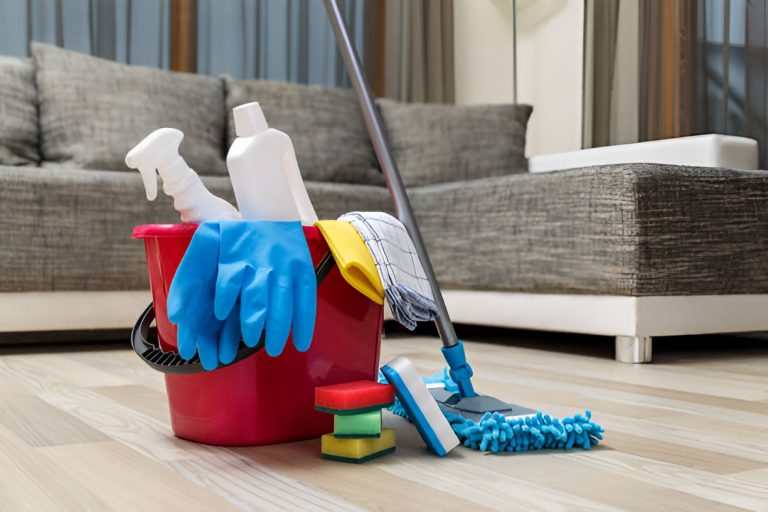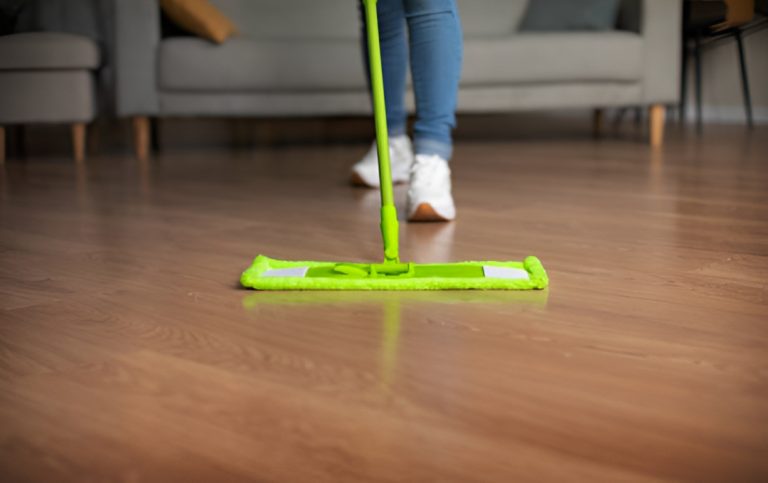

In this day and age, many people are looking outside of the typical when it comes to furnishing their home. Furnishing could mean something as simple as your actual furniture — or it could refer to thinking outside the box when it comes to your flooring. Flooring is a more significant part of the home now more than ever. People no longer look at flooring as merely practical, but an important part of a home’s aesthetic. For that matter, flooring can contribute to the overall value of your home. Houses that have outdated carpeting, for example, may have lower values than homes with hardwood floors. Hardwood floors are particularly popular at the moment, for a wide variety of reasons. They tend to look cleaner and more polished. They’re also easier to keep clean, and can be easily swept and mopped, unlike carpets that require a heavy amount of cleaning. Hardwood floors also tend to be sturdier than other types of flooring. They don’t break like tile, and they can’t be ripped or damaged in the same sense that carpeting can be. Still, even within the realm of hardwood there are different options. Lots of people are looking away from traditional hardwood floors, and considering the advantages of solid strand bamboo flooring. Natural bamboo flooring has many benefits in comparison to more traditional forms of hardwood flooring. Below, we’ll look into some of the reasons why this type of floor may be preferable to you.
1. Value
One of the main advantages of solid strand bamboo flooring is its competitive pricing. Hardwood floors may be bypassed by some homeowners even if they’re their first choice of flooring, simply because they’re more expensive than many types of carpeting. Bamboo flooring offers the benefits and look of more traditional hardwood floors, often at a better value. Of course, hardwood floors may range in price depending on what kind of wood is being used. Most bamboo floors cost about the same, initially, as more common types of hardwood floors. This means that they’re usually about $2 to $8 per square foot. With that being said, the overall value of a bamboo floor may be better because it’s harder, and therefore more long-lasting. The lasting power of a bamboo floor means that you’re making more of a long-term investment in this type of floor, and will not have to repair or replace it as quickly as you would other types of hardwood floors.
2. Environmental Friendliness
Some homeowners attempt to be eco-friendly when designing their homes, and thus take issue with flooring types that are damaging to the environment. Hardwood floors can be less than environmentally friendly, because some types of hardwood rely on trees that don’t produce as often as others. This is not an issue with bamboo. Among others, one of the advantages of solid strand bamboo flooring is that it is made from a tree that reproduces quite frequently. The Moso Bamboo plant sends up new bamboo shoots every year, in a system that is comparable to that of your lawn. These shoots take just five to six years to develop into culms that can be used for bamboo flooring, and therefore only 16-20% of the total crop is harvested each year. Furthermore, 100% of the stalks are harvested in this process, leaving zero waste.
3. Durability
Perhaps one of the greatest advantages of solid strand bamboo flooring is its hardness. The reason why you want hardwood floors in the first place is durability — but some hardwood floors are harder than others. They’re usually assessed through the Janka rating scale, with North American maple hardwood flooring having a Janka rating of 1450. Comparably, some tropical hardwoods have ratings of 2800. Meanwhile, certain bamboo floors have Janka ratings over 3500. This makes these floors much more durable, and as mentioned above regarding their value, longer-lasting. They’re the perfect floors for people who don’t want to have to worry constantly about scratching or damaging their floors.



